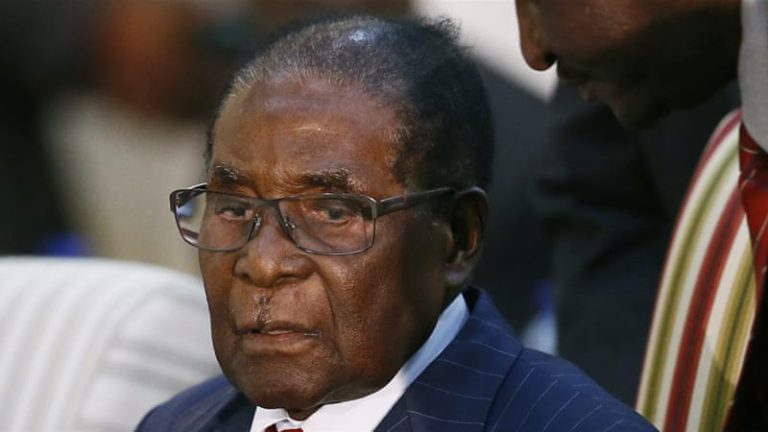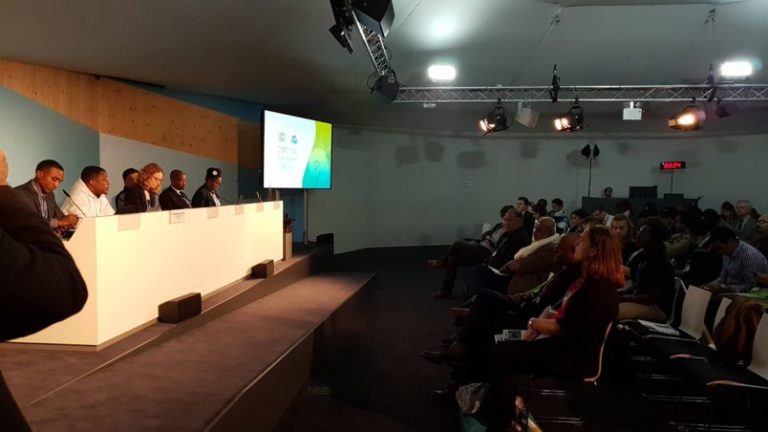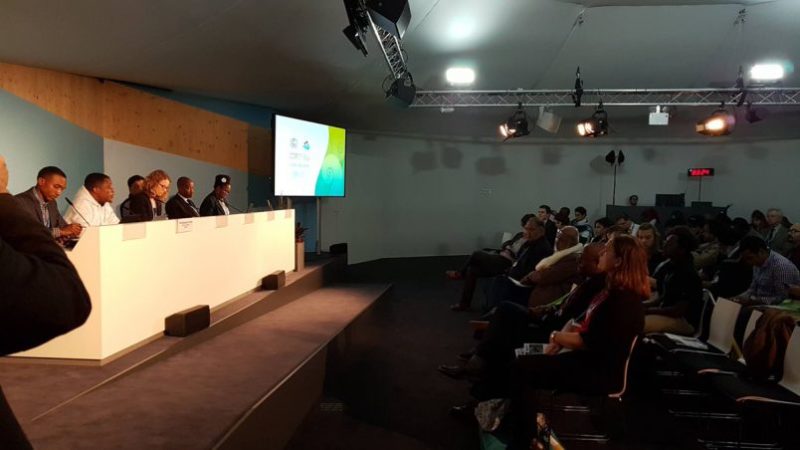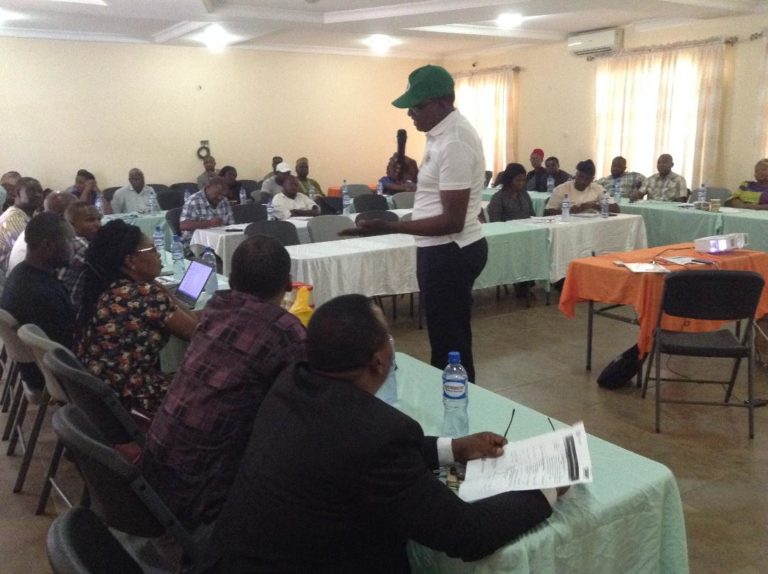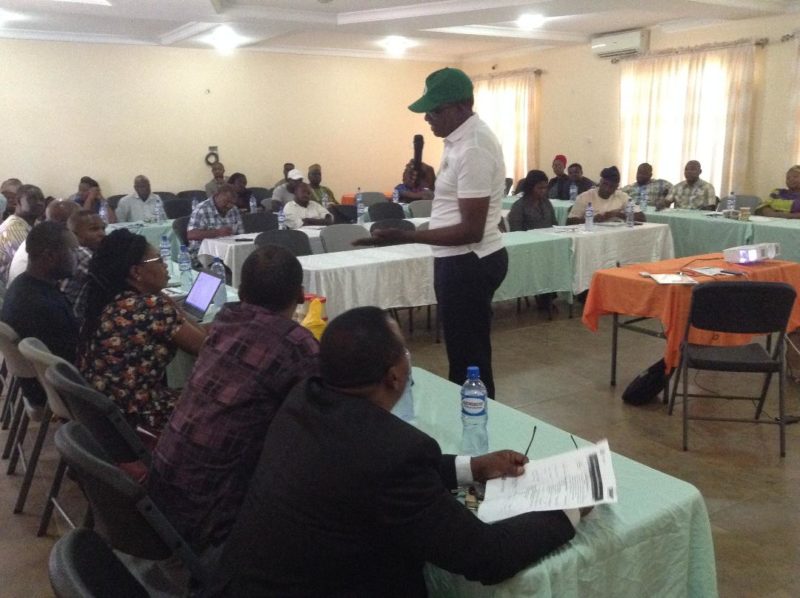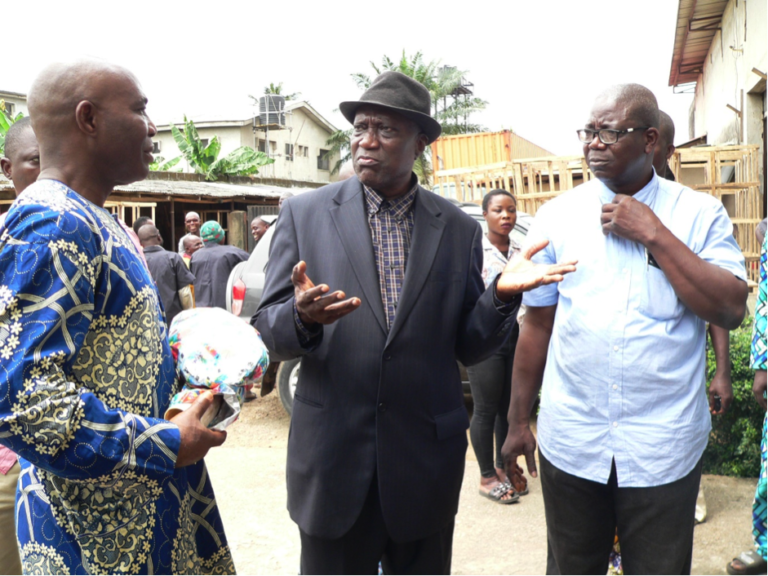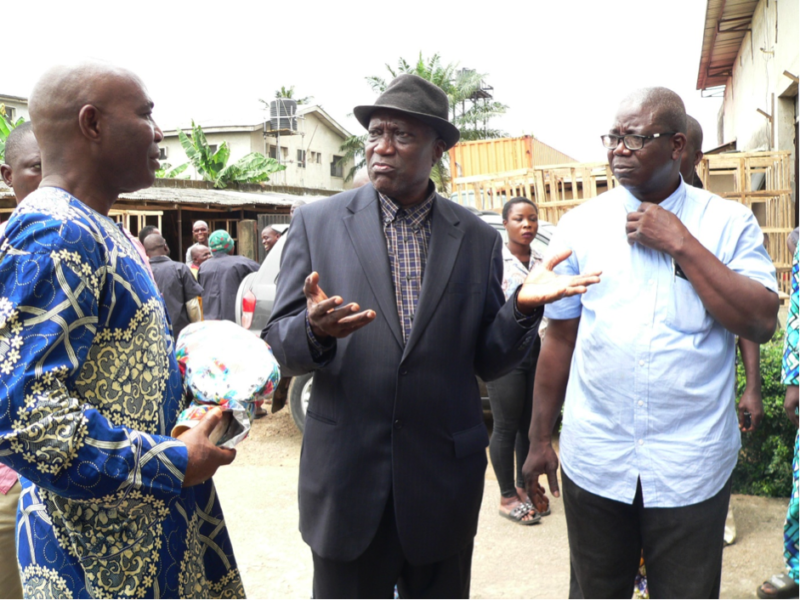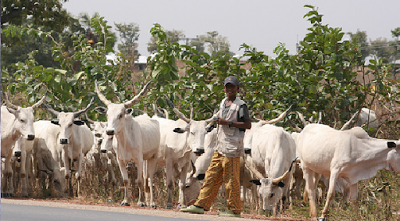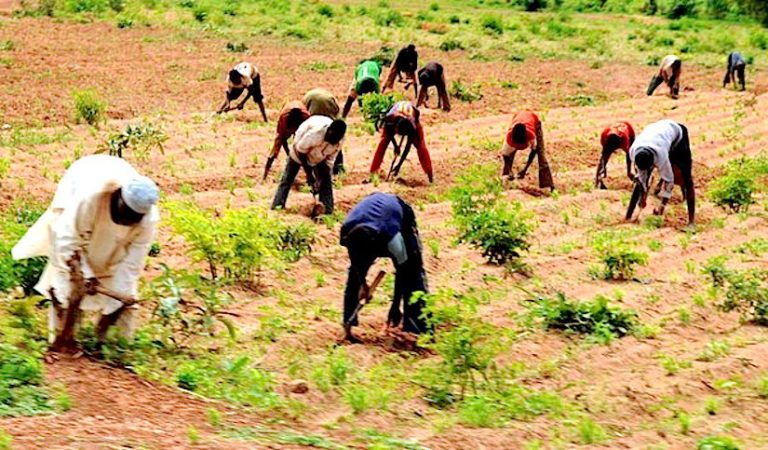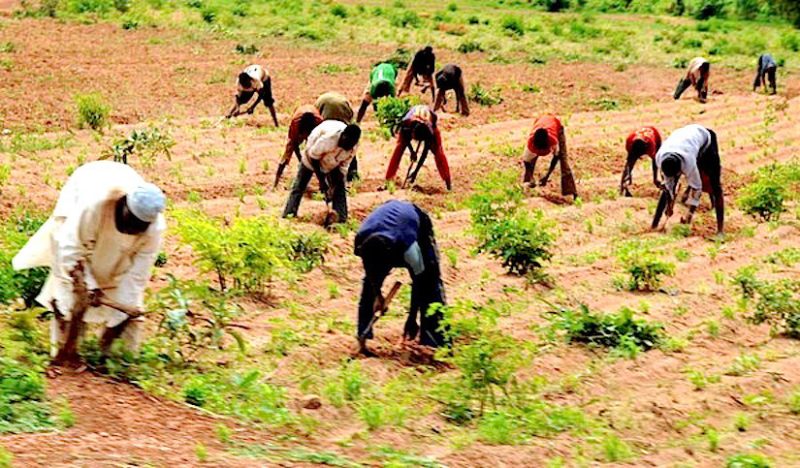Representatives at the COP23 Oceans Action Day on Saturday, November 11, 2017 signed a new declaration to strengthen the global response to climate change as it impacts oceans – regarded as the largest carbon sink on the planet, a major regulating force of earth’s climate and fundamental to the survival and well-being of humanity.

Biliana Cicin-Sain, president of the Global Ocean Forum said: “Oceans have featured little in the UN climate negotiations to date, and yet they are not only important for planetary survival but also offer great opportunities for innovation towards a low-carbon blue economy.”
The “Because the Ocean” declaration at the UN Climate Change Conference is backed by the launch of the Roadmap to Oceans and Climate Action (ROCA) report.
Highlights of the day included:
- Latest scientific understanding about oceans and climate change, including ocean warming, acidification, deoxygenation, sea-level rise and increased storm activity, and how these impacts make people more vulnerable to migration and displacement.
- How economic development based on ocean-based “blue economies” provides a way forward for sustainable economic development of coastal and island countries.
- Showcasing lessons learned, best practices and recommendations on scaling up.
- Addressing the urgent threat to Small Island Developing States (SIDS) in the face of climate change and ocean acidification with concrete proposals for solutions.
The Oceans Action Day had the support of the Fiji Presidency of COP23. The closing plenary included a special address by Peter Thompson of Fiji, UN Special Envoy for the Ocean.
It was organised by the Food and Agriculture Organisation (FAO), Global Ocean Forum, IOC/UNESCO, IUCN, Ocean and Climate Platform, Ocean Policy Research Institute of the Sasakawa Peace Foundation, Japan, Oceano Azul Foundation/Oceanário de Lisboa, Portugal.
Further Information
The Blue Carbon panel session showcased advances made in terms of implementing blue carbon as part of countries’ REDD+, NAMAs or other UNFCCC driven processes.
Speakers discussed opportunities and needs for integrating coastal management into Nationally Determined Contributions (NDCs), as well as synergies with the Sustainable Development Goals (SDGs) 2030 Agenda.
The financing session sought to mobilise financial resources and institutions. In addition to policy coherence, financial instruments are key to foster climate change adaptation and mitigation. The blue economy encompasses a range of economic sectors including harvesting and trade of marine life, extraction and use of marine resources, use of oceans-related renewable energies, coastal development and protection, tourism and recreation as well as eco-systemic services.
Some countries are already engaged in the implementation of blue economy-related activities, with the support of development banks and major financial institutions. The session presented an example – the FAO-WB-AfDB African Package for Climate-Resilient Ocean Economies.
World Bank-funded projects are estimating the cost and benefits of preserving ecosystem services such as coastal and natural resource protection in Mauritania or Belize. Potential support was announced by the Green Climate Fund and the European Investment Bank.
The migration and displacement session examined lessons learned from past involuntary resettlement cases worldwide, methods of disaster risk reduction and key steps that are being taken, or need to be taken.
For example, the Permanent Mission of Tuvalu to the UN has proposed a UNGA resolution to create a legal framework for persons displaced by climate change. It will provide a forum to discuss paths forward through disaster risk reduction programs, legal frameworks, and potential land solutions.




